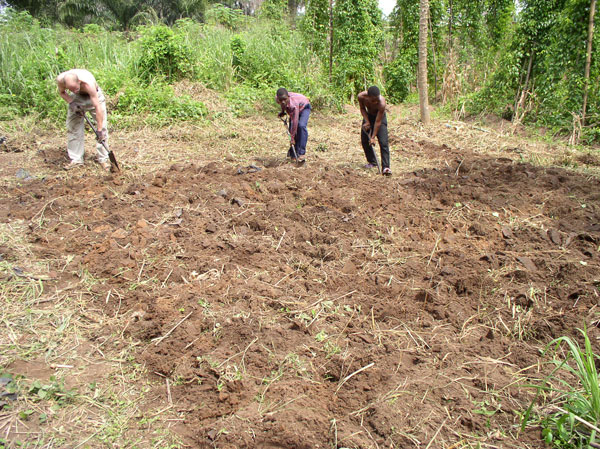"I know, O Lord, that our lives are not our own, that we're not able to direct our paths" (Jeremiah 10:23).
 It's not about me. That might be one of the most difficult lessons to learn in our culture. We live in a "me-first" culture, where my dreams, my interests, my goals are exalted above all else. Yet, one of the fundamental messages of the scriptures is that if I put myself first, I am doomed to failure.
It's not about me. That might be one of the most difficult lessons to learn in our culture. We live in a "me-first" culture, where my dreams, my interests, my goals are exalted above all else. Yet, one of the fundamental messages of the scriptures is that if I put myself first, I am doomed to failure.
That's essentially what happened in Jeremiah's day. Convinced that they knew a better way to live than the one God had designed for them, the people of Israel went their own way. They made their own gods, with their own hands. They made their own rules and laws. They pursued their own dreams. They ignored the God who freed their forbears from slavery in order to pursue their own way of life.
As the people of Israel would soon discover: God ways are higher than our ways, and God's thoughts higher than our thoughts. Our ways will ultimately lead to our doom. The destruction of Jerusalem and the exile of the people of Israel is the result of Israel's attempt to make their own way in life.
Jeremiah's reminder to the people of Israel is also a timely reminder for us. "Our lives are not our own." We didn't make ourselves. We were made by God for God's purpose. Everything we have, and everything we are belongs to God alone. And that's a good thing, because all of God's ways lead to life.
Are you living your life for yourself, or have you surrendered your life to God? Is your first priority your own desires, or do you seek what God desires for you? What needs to change in your life in order for God to be first?


